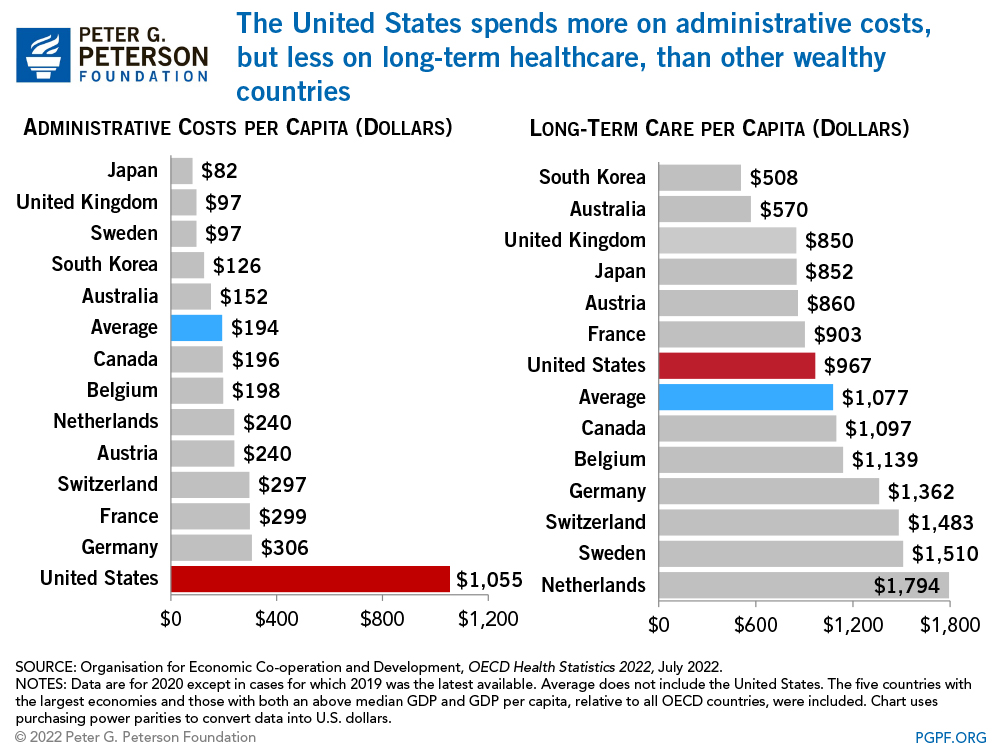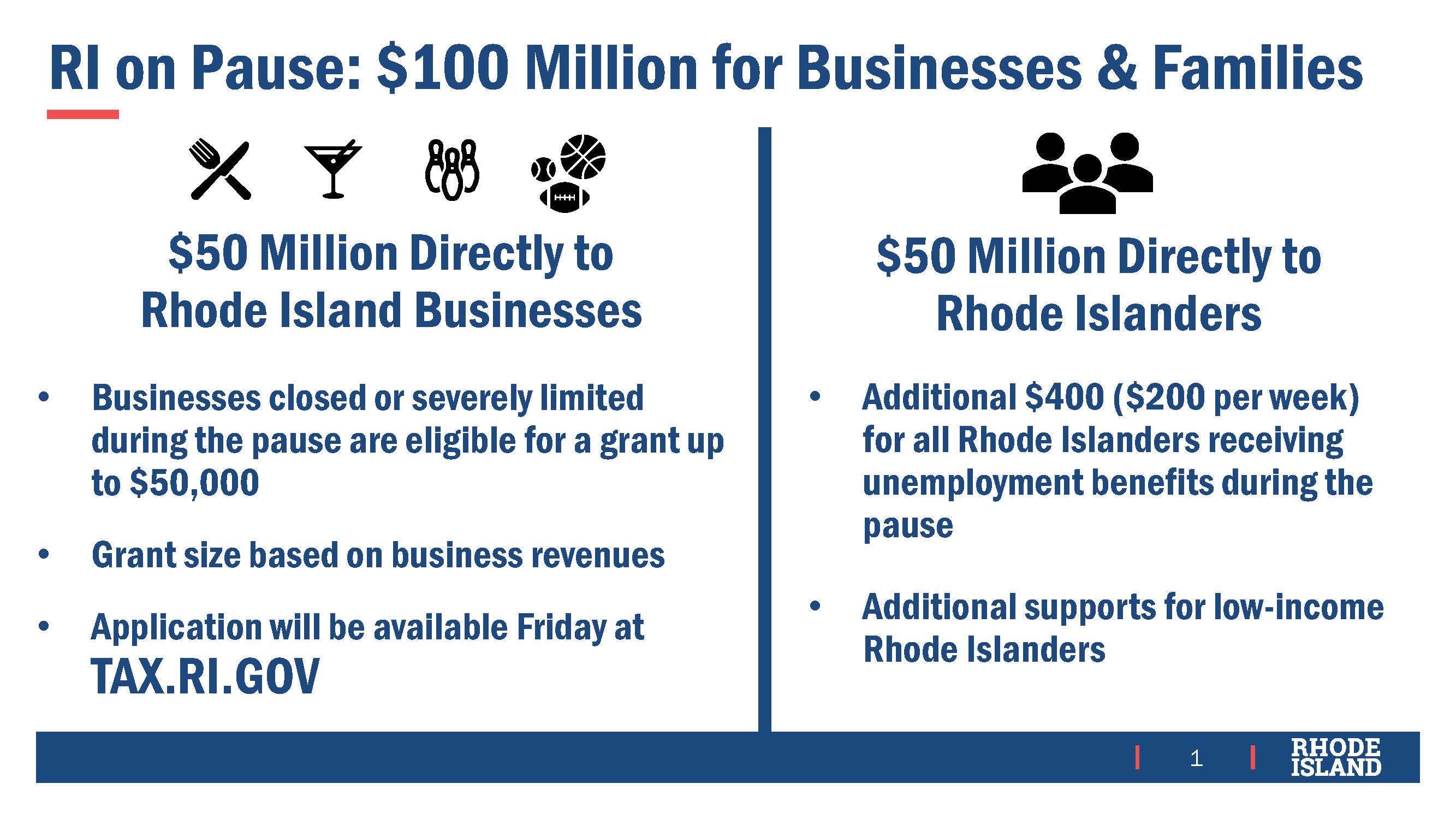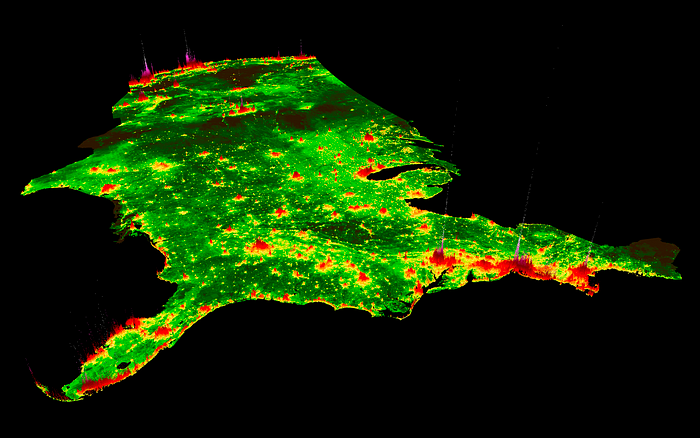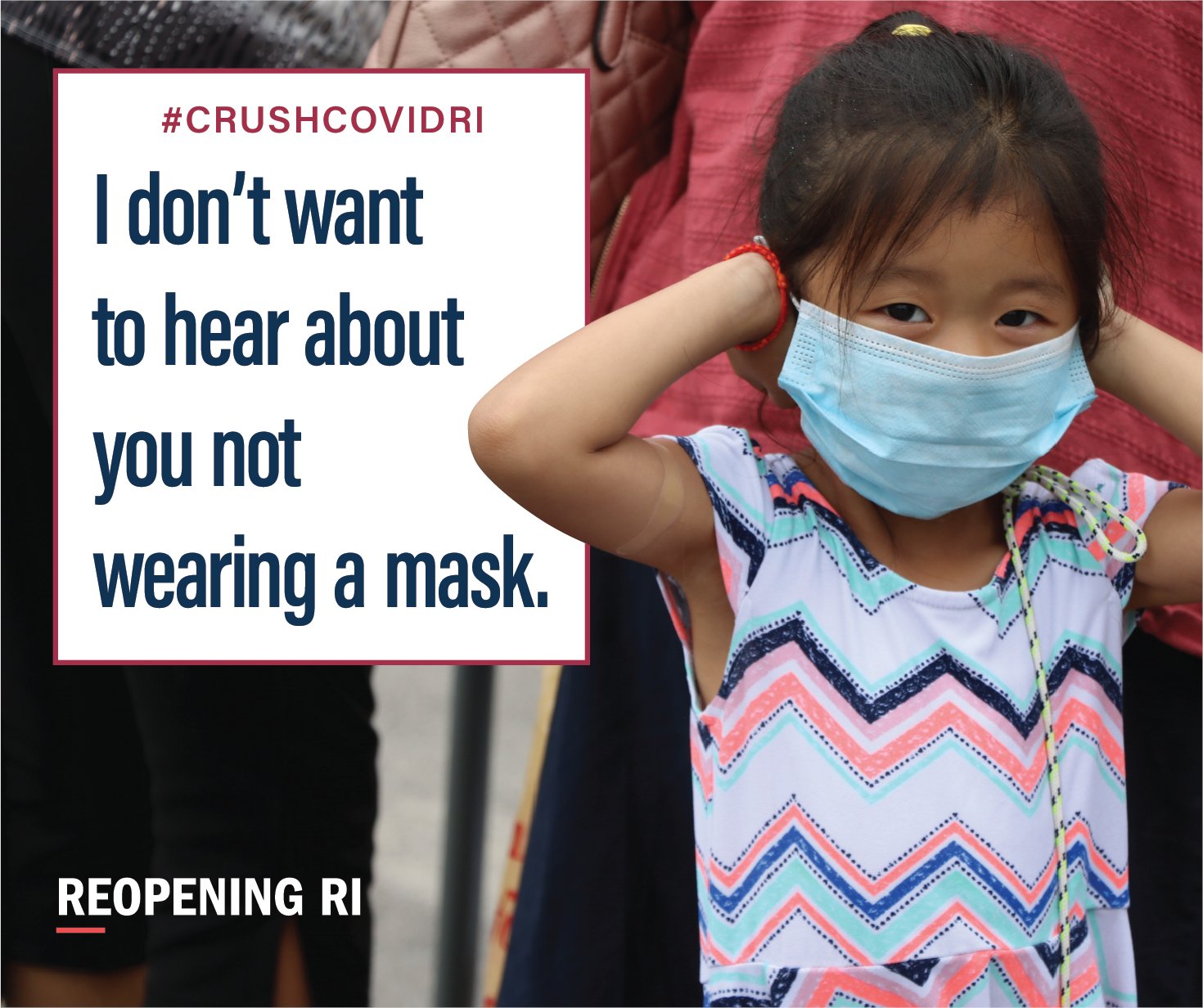Charlestown’s state representative embraces Trump’s insane pandemic “strategy”
By Will Collette
As the coronavirus pandemic keeps getting worse while we wait for the vaccines to come along to save us, Donald Trump and many Republicans have embraced the concept of “herd immunity” as the best way to go.
“Herd immunity” is a real
concept that means a high enough percentage of the population has acquired
anti-bodies to block an infectious disease from spreading. How high a
percentage? The Mayo Clinic says it depends on the disease. For a very
infectious disease like COVID, you need a very high percentage.
We
eliminated smallpox and polio through herd immunity achieved through near universal vaccination.
“Herd
immunity” doesn’t work very well on COVID without a vaccine because of its severity. The only way to
achieve the 70-90% of the population with antibodies that stop the disease is
for that many people to catch the
disease. Some number of them, perhaps millions, will die in the process or suffer long-term damage.
 |
| By Mike Luckovich, The Atlanta Journal-Constitution |
He
pushed his actual expert advisors – Drs. Fauci, Birx, the CDC, the Surgeon
General, the NIH, the FDA et al. – into a soundproof room. Then last August,
brought in Dr. Scott Atlas,
a rightwing neuroradiologist with no training or practical
experience with infectious diseases to be his new chief science guy - at least until today (Monday, Nov. 30) when he resigned.
Atlas has been a firm believer in herd immunity, although he makes an exception for senior
citizens, saying that somehow, while everyone else is getting sick, they should
be kept safe. Maybe in special camps or turned into Soylent Green. He’s not
very clear on what he means.
To
promote herd immunity without
vaccines is tantamount to mass murder, and that is exactly what has happened. Over
a quarter million Americans have died, many after Trump and red states like the
Dakotas adopted “herd immunity” as the way to protect “freedom” and the economy
rather than save people’s lives.
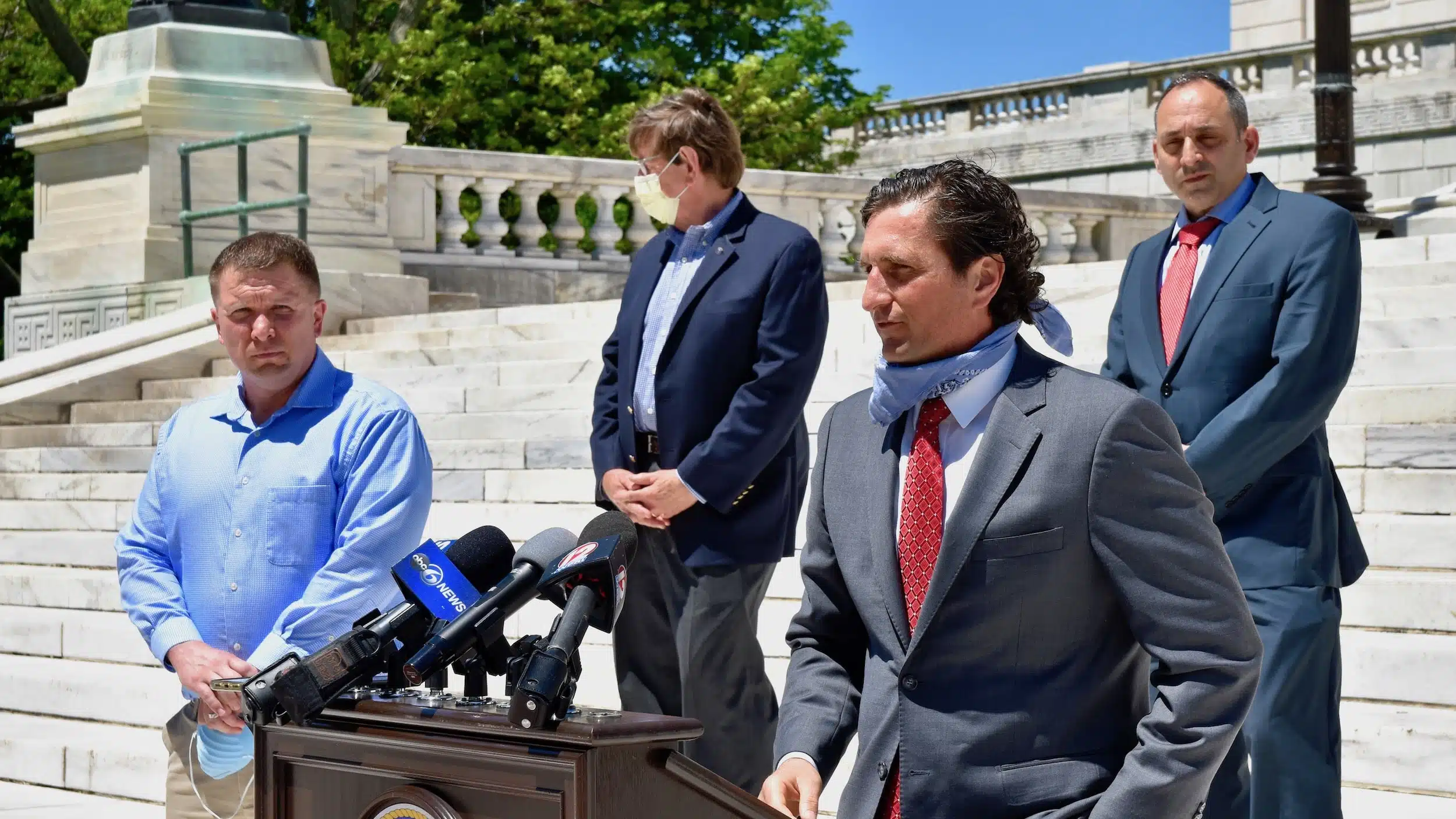 |
| Photo by Steve Ahlquist, UpriseRI |
I call him “Flip” because of his casual relationship with the truth. He
has lied about where he lives. He has changed his
position
on issues depending on who he is talking to. He has broken promises.
Even
his mother Marion Filippi raised doubts about his honesty, stating in a 2016
lawsuit that she had been cheated after being forced into signing documents
through “the use of threats, duress and
coercion, failure to disclose material information” about family owned
property and that her son had filed “amended
registration documents falsely claiming that they [Flip and his brother
Paul] are the sole managers of the LLCs”
that were owned by the whole family. SOURCE: Marion Filippi and Steven
Filippi vs. Blake Filippi and Paul Filippi, WC-2016-0627, December 15,
2016, original complaint, Clause 32.
Up
until recently, Flip’s primary role in the state’s pandemic efforts has been to
complain about procedural issues – especially the lack of
in-person General Assembly sessions
– and Executive Actions by Governor Gina Raimondo under the state of emergency
we have been in for the past several months of pandemic.
Just
before Thanksgiving, Flip was
interviewed
by the odious Sinclair
Broadcasting
local station, WJAR (Channel 10).
When
asked about increased COVID restrictions, Flip said “Is the cure to this thing locking us in
our homes? There comes a point where the cure is worse than the disease… Maybe
the thing to do is massively focus our efforts on our seniors who really are
the vulnerable population and allow everyone else to live their lives."
Flip
said he was really concerned about the effects of the upcoming “Pause” on
restaurants and bars. He should know about that since he is himself a major
hotel, restaurant and bar owner on Block Island.
He
said: "Many
of them have already shut down. The ones that have survived, I have heard from
some of them, them don't believe they can take another hit, especially for
restaurants December is one of their busiest months.”
So
there you have it. Flip has swallowed the Kool-Aid for the “herd immunity” approach,
almost mimicking the way Trump COVID guru Scott Atlas describes it. He also
puts the interests of businesses like the ones he owns above the public’s
health.
Let’s
break down where Flip goes totally wrong.
First,
what does it mean to “massively focus our efforts on our seniors?” How do you protect seniors when you let everyone else get
sick? Does Flip plan to lock all of us up (I say “us” because I am 71 and
definitely a “senior”) under armed guard to keep us separate from the
COVID-riddled younger population? Flip, you need to explain this remark.
Second,
to just let everyone who is not elderly “live
their lives” means even sharper inclines in RI COVID cases and
hospitalizations that would completely swamp Rhode Island’s hospital system. Westerly and
South County Hospitals are being pressured to the max. Rhode
Island’s hospitals are full and the state plans to start treating patients in
the two mass field hospitals it set up for this contingency starting this
week.
Third,
It is not true that COVID is a
disease of the elderly. Yes, it is true that most COVID fatalities are elderly
(94% in Rhode Island), but the non-elderly get most of the infections (77%). 38%
of COVID hospitalizations in Rhode Island are non-elderly.
Statistics
are from the RI Health
Department’s COVID Response data website.
After
nearly a year of this virus worldwide, research now shows COVID attacks the
respiratory system, shredding the lungs. It also attacks the heart and brain. Serious medical
problems relating to COVID can last indefinitely – especially in
younger patients.
COVID
kills little kids, teenagers and adults, not just Grandma. It tends to leave
lasting effects in many who survive it.
Yeah,
Flip, just let people live their lives, but how about living their lives
safely?
Right
now, the virus is out of control in Rhode Island and serious measures must be
taken to get it back under control. We are so close to having good vaccines –
why blow it now?
When
we get the vaccines, I am hoping we will have an aggressive vaccination effort to
achieve real herd immunity like the kind that eliminated smallpox and polio.
Everyone should be required to be vaccinated against COVID unless they have a
verified medical reason why they can’t.
But
oh, lest we forget, you are against
vaccination mandates,
aren’t you, Flip?
Flip has been getting away with slinging bovine excrement since he burst on the scene in 2014 by beating one of Rhode Island’s best legislators, Donna Walsh. He keeps getting re-elected, usually without opposition despite having virtually no legislative achievements.
Despite
numerous public clashes, Filippi was actually a soulmate to dethroned House
Speaker Nick Mattiello, so any Democrat who wanted to take on Flip and all his
money could not count on Mattiello support.
Now
he’s
being listed as a likely 2022 candidate for Governor, though so far he has
demurred. Maybe he’ll let the idea float to draw more of that media attention
he loves. Or maybe he’ll simply flip his position again and go for it.
Whether
he can fool a majority of Rhode Islanders as he has fooled his pals in the
Charlestown Citizens Alliance with his smarm and money will be one big question
to follow in this new election cycle.





